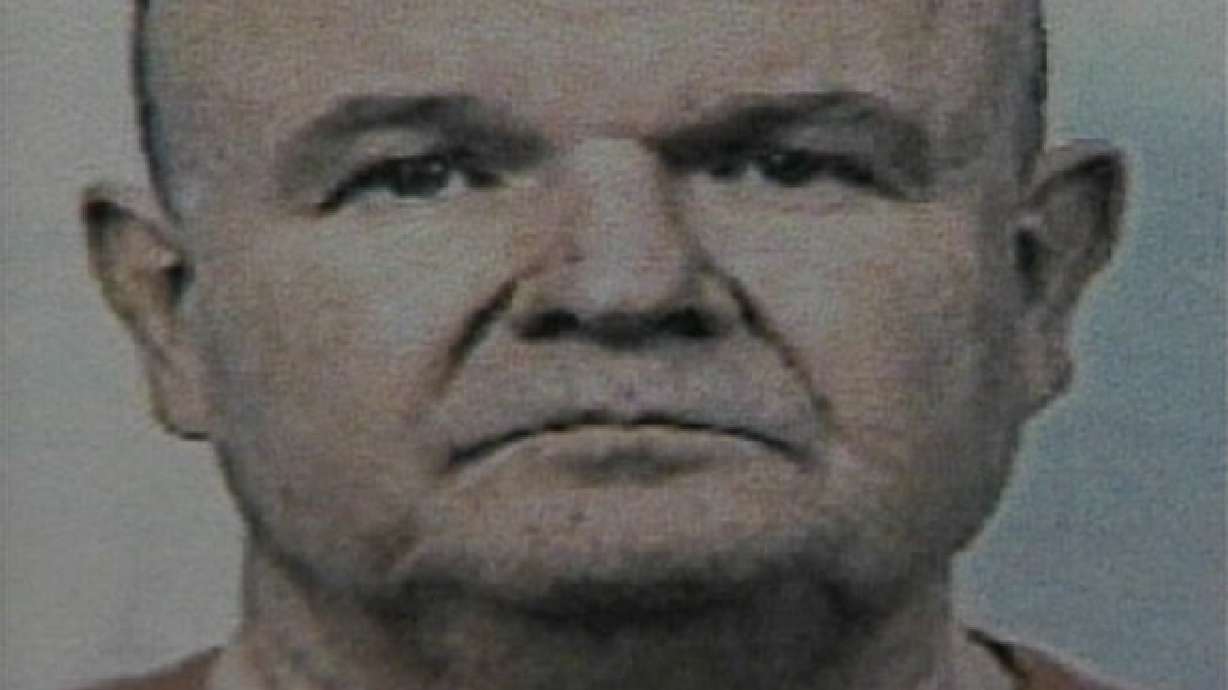Estimated read time: 2-3 minutes
This archived news story is available only for your personal, non-commercial use. Information in the story may be outdated or superseded by additional information. Reading or replaying the story in its archived form does not constitute a republication of the story.
SALT LAKE CITY (AP) -- The Utah Supreme Court will hear arguments on Wednesday in the lawsuit by two brothers who claim they were molested by a priest in the early 1970s.
The lawsuit by Ralph Louis Colosimo, 52, and Charles Matthew Colosimo, 44, names the Catholic Diocese of Salt Lake City, Judge Memorial High School and school and diocese officials.

The lawsuit claims they were molested by a teacher, the Rev. James Rapp, at various times between 1970 and 1975.
Rapp pleaded no contest in 1999 to two counts of lewd molestation of a boy in Oklahoma and was sentenced to a 40-year prison term that he began serving in Helena, Okla. He was moved in 2002 to an undisclosed prison in Florida, according to Jo Ellyn Rackleff of the Florida Department of Corrections.

The Colosimo brothers filed their $80 million lawsuit in 2003. The lawsuit contends church and school officials knew of Rapp's pedophile tendencies, but were more concerned with protecting institutions than children.
In 2004, the Utah Court of Appeals agreed with 3rd District Judge Paul G. Maughan's ruling that the statue of limitations had expired. Maughan also wrote that the brothers could not prove that diocese and school officials knew Rapp was a pedophile and did nothing to stop him.
Typically, the statute of limitations in such abuse cases would expire four years after the alleged victim turned 18.
Attorneys for the defendants contend the Colosimos did not make any effort to investigate their claims that church or school officials knew about Rapp and hid the information.
"These plaintiffs had the means to uncover the relevant facts within the limitations period because all they had to do was ask someone with authority at the diocese and/or the trustees about whether the diocese and the trustees knew about Rapp's tendencies before the abuse occurred. Because the plaintiffs failed to take even that minimal step, there was no fraudulent concealment and their claims are time-barred," according to a brief for the diocese and school.
The brothers argued that they did not realize they had a case until May 2002, when they saw a Washington Post story about Rapp's long history of abuse.
(Copyright 2006 by The Associated Press. All Rights Reserved.)








